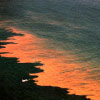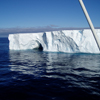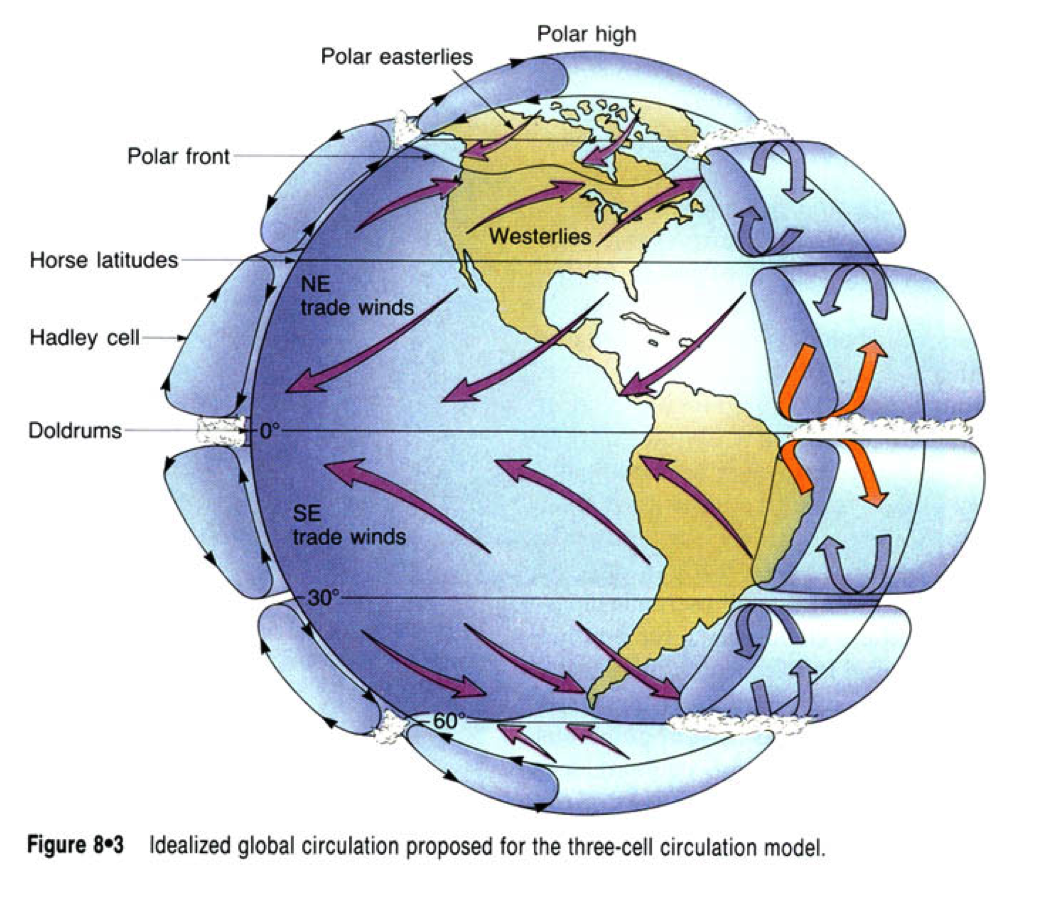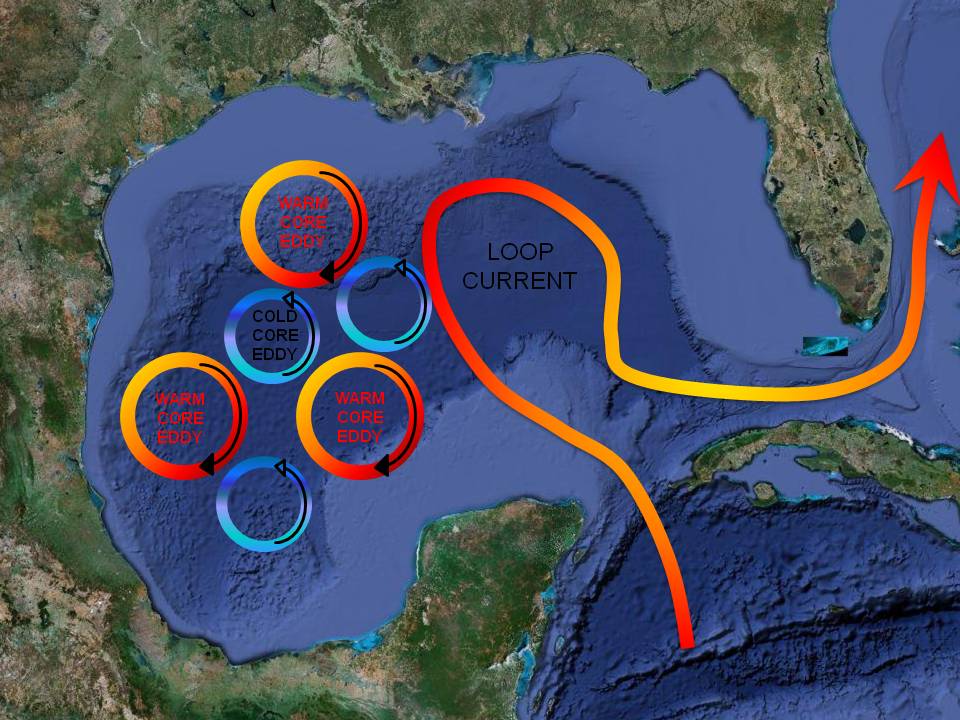 |
 |
 |
 |
|
|
11/19/2010
| Medea Steinman,
(Ocean Systems)
Tags: 11.17.10 webinar, estuaries, concept mapping
|

Dr. Linda Kalnejais, an oceanographer at the University of New Hampshire, studies the effects that pollutants have on estuaries. She pointed out that a very large percentage of the world’s human population lives clustered around these unique ecosystems. As a result, estuaries receive significant levels of pollutants. MORE >>
|
|
10/28/2010
| Michele Benoit, Bangor High School
(Ocean Systems)
Tags: concept mapping, 07.28.10 webinar, educator post
|
Even as the oft-accepted notion of multiple-learning styles was called into question by a recent NY Times article (" Forget What You Know About Good Study Habits" by Benedict Carey, 09/06/2010), teachers infer that different students think differently, based on the questions they ask, how they assemble information, and misconceptions they hold. What's really neat is to see those differences revealed in the layout of their concept maps. MORE >>
|
|
10/22/2010
| Medea Steinman,
(Ocean Systems)
Tags: 10.20.10 webinar, icebergs, concept mapping
|

In this week’s ROLE Model Webinar, Dr. Ben Twining, researcher at Bigelow Laboratory for Ocean Sciences, described some of the myriad technologies that are used in ocean science research. Annette deCharon then shared some of her observations and experiences from her years of using concept mapping in a variety of contexts. MORE >>
|
|
10/14/2010
| Ted Taylor, Bangor High School
(Ocean Systems)
Tags: concept mapping, carbon cycle, ROLE Model Webinar, educator post, 10.06.10 webinar
|
I think we have all had those times when you are trying to figure out how to do something, and you’ve spent hours and hours, days and days, and even months on it, but you just feel like you’re going nowhere with it. You just seem to reach a wall where you see many of the pieces you want to fit together, but you can’t seem to make it fit. Then something happens where you “see the light” and you wonder why it took so long. I had one of those “see the light” moments during the third COSEE-OS webinar when I listened and watched Dr. Larry Mayer discuss his carbon cycle concept map. MORE >>
|
|
09/23/2010
| Carla Lauter, ODYSEA LLC
(Ocean Systems)
Tags: ROLE Model webinar, Persistent Organic Pollutants, Concept Mapping, 09.22.10 webinar
|

University of Connecticut scientist Penny Vlahos brought us into the world of POPs- persistent organic pollutants - and what their global travels might mean to our health. MORE >>
|
|
08/31/2010
| Michele Benoit, Bangor High School
(Ocean Systems)
Tags: concept mapping, educator post, 07.28.10 webinar
|
Educator Michele Benoit (Bangor, ME) addresses challenges she experienced getting her students to make connections with science content. MORE >>
|
|
07/29/2010
| Carla Lauter, ODYSEA LLC
(Ocean Systems)
Tags: ROLE model webinar, concept mapping, oil spill, 07.28.10 webinar
|

Throughout the past week, OS staff have been on the hunt to find interesting, scientifically-accurate items to add to the Ocean Climate Interactive database of assets on the topic of the oil spill in the Gulf of Mexcio. We gathered some great images of the spill plume taken by various NASA satellites as they passed by, as well as some clear overview diagrams and maps produced by NOAA and others in their collaborative efforts to gather information to discover the best way to address the spill. Presenting scientists Karen Orcutt and Kjell Gundersen also shared some of their own assets with us, which we also uploaded for use in concept maps. MORE >>
|
|
07/21/2010
| Carla Lauter, ODYSEA LLC
(Ocean Systems)
Tags: ROLE Model Webinar, concept mapping
|
At COSEE-OS, we've strived to transform ocean science education by involving members of the scientific research community through our programs. Many COSEE-OS workshops have paired educators with research scientists, and we are always eager to hear peoples' feedback from these endeavors.
After running several workshops, we began to notice a pattern - that we were hearing the same feedback time and time again. We found that there is a strong desire from participants to have more opportunities to interact with research scientists. MORE >>
|
 |
 |
 |
 |
|
 |

